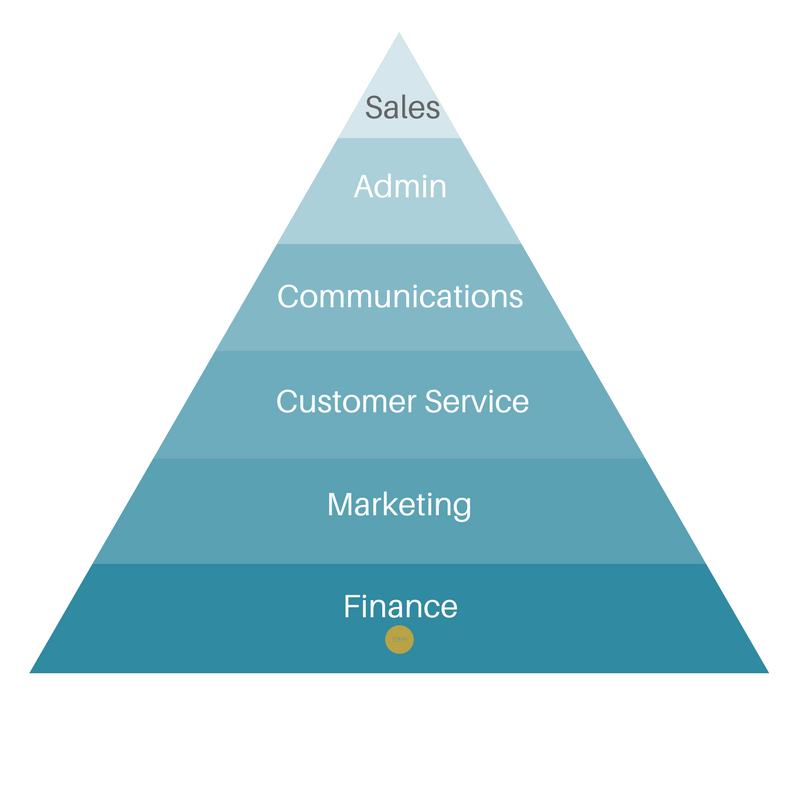Business systems – every business needs them to function efficiently, grow, and generate revenue. They are the foundation of the day-to-day functionality of your business and it’s short- and long-term growth.
“In order for any business to succeed, it must first become a system so that the business functions exactly the same way every time down to the last detail” ~Rick Harshaw
The processes in all business models are similar. Yet there are nuances that are specific to each business model.
You get the variety when it comes to systems. There are so many to choose from that do the same things, like email marketing, for example, ranging in price from free to very expensive.
This 5-part series of articles focuses on the online business model but they could also be used by brick-and-mortar businesses. However, it should be of interest to all businesses because most have an online presence that needs to be implemented, managed, and optimized.
So what are business systems, anyway?
Business systems are your software applications and the processes or steps necessary to perform functions within and with in the most streamlined and efficient way. They are how you (and your team) get things done in your business, broken down incrementally in steps. BusinessDictionary describes systems this way: “A set of methods, procedures and routines created to carry out a specific activity, perform a duty, or solve a problem.”
Systems are built around the following basic areas (more or less) of your business (not in any specific order):

Ideally, you want to get list the systems you use along with pertinent information about each one and the processes you and your team use to implement business activities somewhere… in a Google doc, in a card deck, in your project management app (I recommend Asana) spreadsheet. Record them wherever works for you but get them out of your head. Somewhere accessible to your team (when you start to build one).
They should be reviewed and updated as often as time and money permit (whether you’re paying an Online Business Manager (OBM) to do it or doing it yourself or assigning it to the team member who performs tasks, like social media or newsletter. I’s nice to have them reviewed and updated quarterly because systems and processes change as your business evolves and grows, plus it saves your business money wasted on inefficient workflows, onboarding new team members, and it helps you make sure you are getting the best deal financially on what you’re paying for software.
Why do you need business systems and processes?
Systems are your business are your business.
Systems are the tools you use and processes are the steps you take to perform operations and to achieve your outcomes, vision, mission.
A few reasons you need them is because:
- Systems and processes are the key to growth.
- Systems and processes insure that you serve your customer at the highest level, consistently.
- If you have a successful way of doing something, they allow you to repeat the process and achieve the same result over and over again.
- Systems and processes show you what’s not working in your business.
- Systems and processes enable your team to implement tasks to your satisfaction.
- Systems and processes reduce problems.
I’m sure you can add to the list.
In this series of blog posts on Business Systems – What Are They and Why Do You Need Them, we’ll dive into the following areas:
- Systems & Growth
- Systems & Revenue
- How Planning Leads to Systems Development
- How to Build Your Systems in Asana
Systems and processes are considered such a boring (yawn) topic to many. So, why should you care?



Trackbacks/Pingbacks